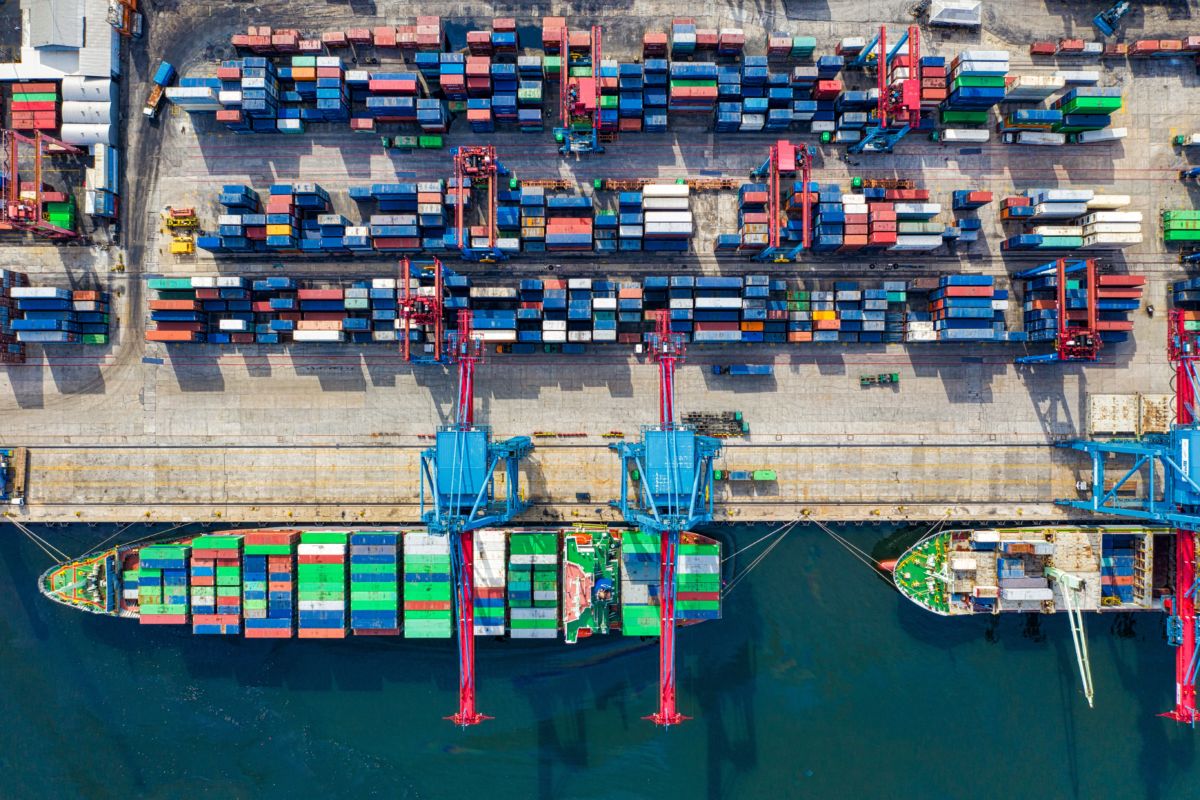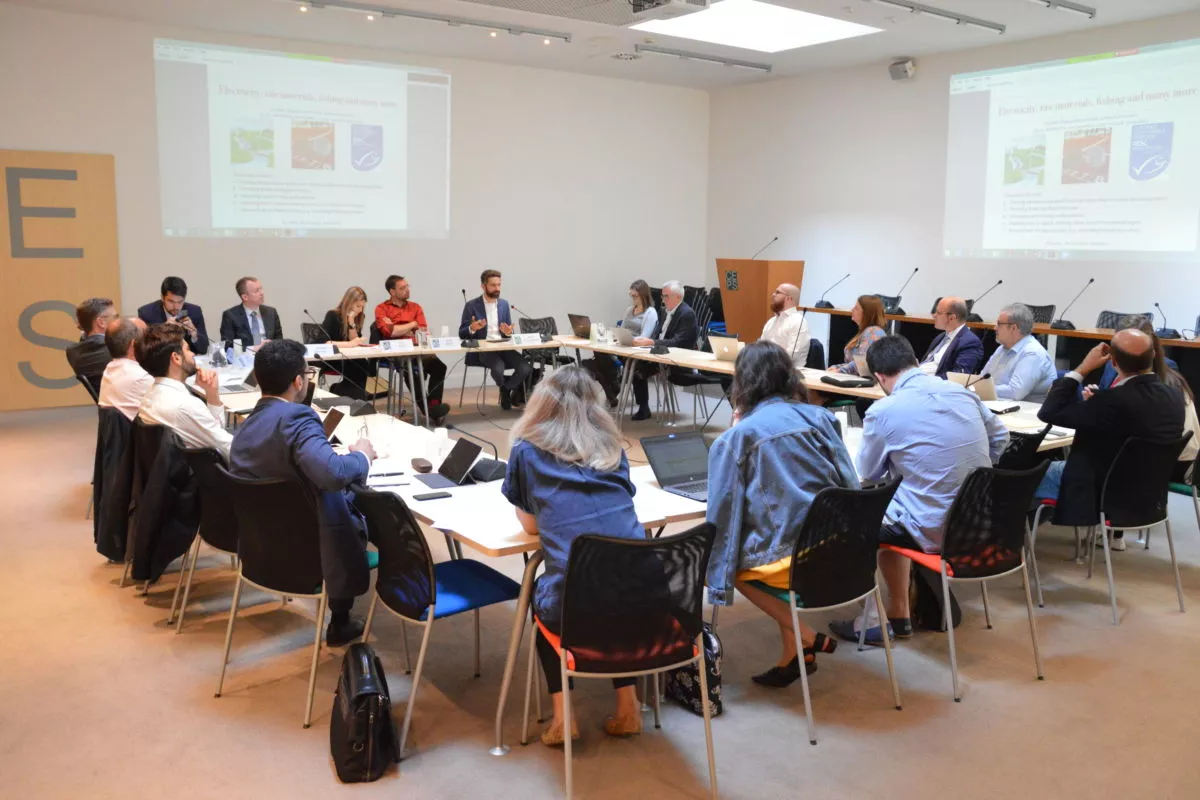Climate change has become a very important domain for EU policy. This refers not only to showing EU leadership in combating climate change, but also at a more general level, as a centrepiece of the “Europe 2020” economic growth strategy. This strategy has identified “sustainable growth” to promote a more resource-efficient, greener and more competitive economy, as one of its five pillars. Climate change was also identified as an issue that has strengthened the EU’s standing in the world, in the context of the broad EU image and priorities.
Meetings
1st: April 24th 2013 (Brussels) – Agenda
2nd: May 22nd 2013 (Paper outlining EU post-2020 climate change policy Priority areas: Priorities Paper)
Chair: Frank Convery, Professor, University College Dublin
The 2020 package consisted of a package of targets, and policies to reach those targets: 20/20/20 for GHG reductions, renewable energy and energy efficiency. The EU Emissions Trading Scheme (ETS) was built to be the cornerstone of the EU’s climate policy approach, and a key element in the 2020 EU Climate and Energy package, which is meant to provide an integrated approach to climate and energy policy.
The discussion on EU ETS structural reform has seen broader themes being addressed and initial thoughts of what may be included in the post-2020 EU climate change policy. Currently the goal is currently defined in the Roadmap for moving to a low-carbon economy in 2050 as 80-95% decarbonisation by 2050.
In discussing EU ETS structural issues, we have also noted that special attention must be given to the context in which this discussion is taking place, as well as its current fundamental guiding documents. Those include:
- The 2020 Climate and Energy Package
- A Roadmap for moving to a competitive low-carbon economy in 2050
- The Energy Roadmap 2050
- White Paper 2011: Roadmap to a single transport area and competitive and resource-efficient transport system
In addition, this discussion will take place in the context of other processes that the EU will be engaged in
- EU ETS structural reform
- 2015 international climate change negotiations
- Energy taxation proposal
For more information on the Task Force, please see Prospectus (on top).
Presentations 1st meeting:
Lessons from the 2030 Climate & Energy Package – Bill Kyte E.ON SE
Post-2020 EU Climate Change Policy: Lessons from the 2020 Climate and Energy Package – Göran Bäckblom, LKAB
Lessons from the 2020 Climate and Energy Package – Jill Duggan, Doosan Babcock
Green Paper: A 2030 framework for climate and energy policies – Stefaan Vergote, DG CLIMA, Head of Unit A4 ‘Strategy and Economic Assessment’, European Commission
European climate and energy policy towards 2030 – Richard Baron, Principal advisor, OECD Round Table on Sustainable Development
How to frame the debate: Reactions on the Green Paper – Maxime Durande, Ministry of Ecology, Sustainable Development and Energy, France
Presentations 2nd meeting:
Lessions learned and Objectives – Andrei Marcu & Christian Egenhofer, CEPS
Post-2020 EU Climate Change Policy – L.J.M. Blanson Henkemans, Dutch ministry of Economic Affairs
Post-2020 EU Climate Change Policy – Daniele Agostini, Enel
The Role of Carbon Pricing in California’s New Greenhouse Gas Cap-and-Trade Program – Adam Diamant, Electric Power Research Institute
Post-2020 EU Climate Change Policy – Joachim Hein, BDI
Post-2020 EU energy and climate package – Giles Dickson, ALSTOM
The role of emission trading in the EU C&E policy – Petter Longva, Hydro
Contacts:
Andrei Marcu, CEPS Senior Advisor and Head of the CEPS Carbon Market Forum, [email protected]
Kerstin Born-Sirkel, CEPS Director of Corporate and External Relations, [email protected]
Christian Egenhofer, CEPS Senior Fellow, Head of the Energy and Climate Change Programme, [email protected]







